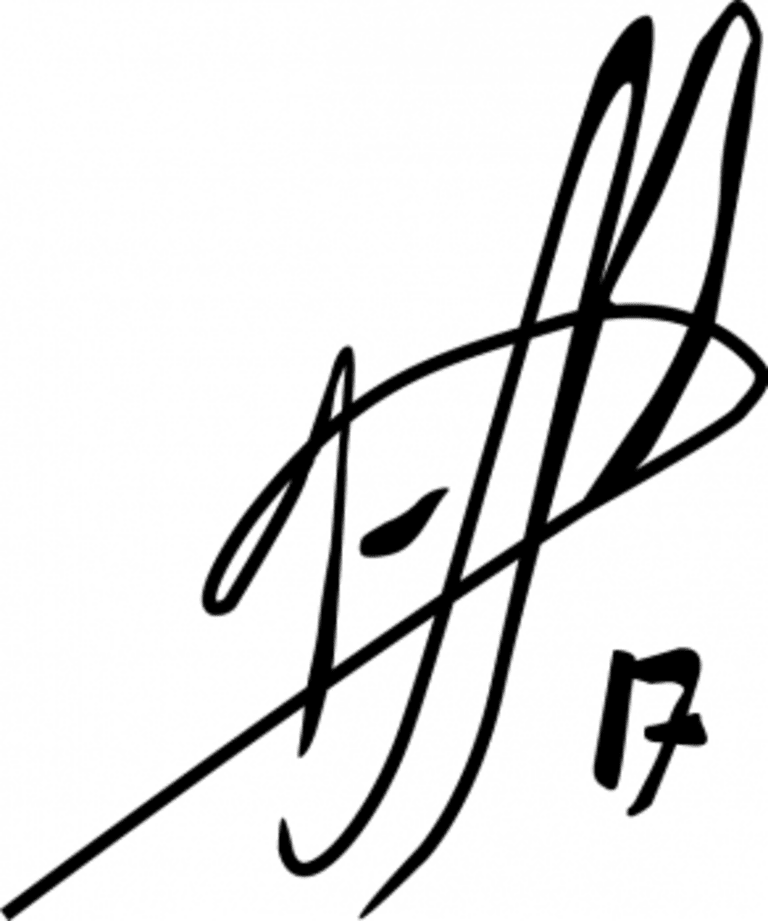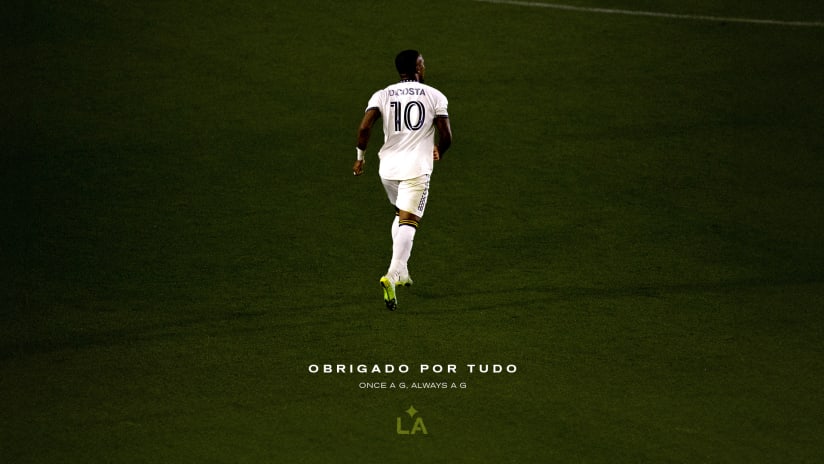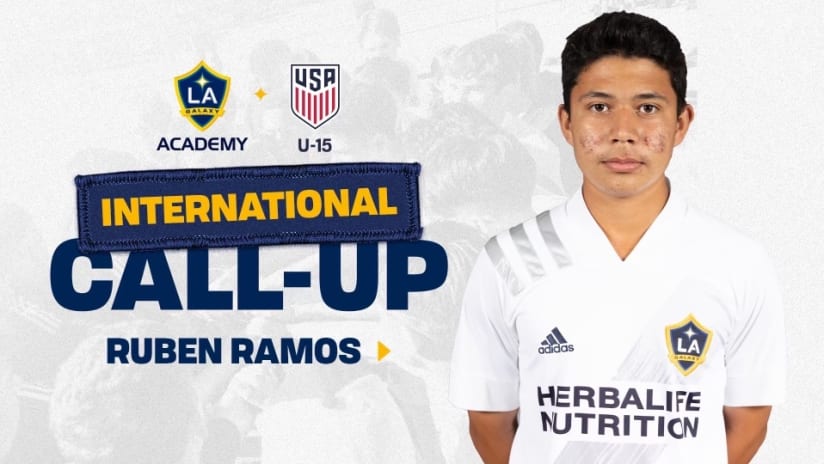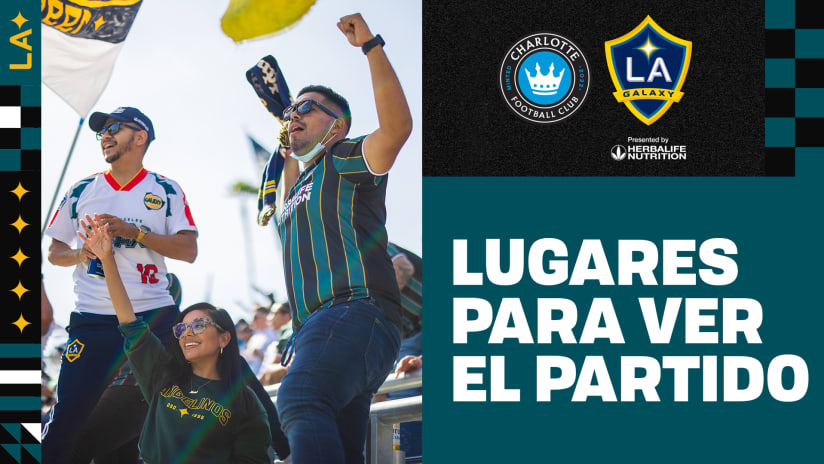Editorial Note: The below article was written by Sebastian Lletget on his recovery ahead of the 2018 season.
You could see the happiness plastered on my face as I slid into the corner flag.
It was a surreal moment. I had just scored a goal in a World Cup qualifier for my nation with my friends and family cheering just a few feet away, in front of my hometown crowd in San Jose.
That goal filled me with the type of joy that I had dreamed of ever since I began kicking a soccer ball. It was the type of moment that you replay in your head, over and over for the rest of your life.
I had no idea that just moments later I would suffer an injury that would sideline me for an entire year.
In the 14th minute, while chasing a ball along the right flank, I was cut down from behind by Honduras’ Eder Alvarado. I was on the ground again. This time instead of sliding into victory, I was rolling in pain. I tried to play it off and hide the look of excruciating pain on my face. Even as I got back to my feet and tried to put weight on my left foot, I knew something was seriously wrong.
I’ll never forget when I heard the news.
“Wait, I’m going to be out how long?,” I thought to myself.
I was stunned. I couldn’t believe it when doctors gave the official prognosis.
What we initially thought was a sprain that would take me off the field for a little more than a month turned out to be a Lisfranc fracture in my left foot. The type of injury that requires surgery, sidelining a player for months -- possibly even longer.
March 28, 2017: Sebastian Lletget to undergo foot surgery
When it fully hit me, I couldn’t hold back the tears from falling down my face. I had been on top of the world.
In sports, you can experience heaven and then moments later, you can be in hell.
Over the last 10 months, that is precisely how I felt.
Like I was in hell.
As I went through the initial shock of the first surgeries, I had to come to terms with the fact that I was pressing pause on my participation in the game that I love so dearly. I couldn’t kick a ball. I couldn’t run. I couldn’t even walk.
The Galaxy medical staff, especially our former trainer Kurt Andrews, were patient with me. They gave me all the information that I needed and allowed me to realize that this was no quick recovery. They told me that I would require multiple surgeries, and even need several screws in my foot to ultimately play again.
As I processed all this information, the reality of my situation hit me: I had gone from scoring a goal on the biggest stage of my career to needing help to do everything. I wasn’t able to shower, get up, walk, or go to the bathroom on my own.
Coming to terms with the length of an injury is one of the most important aspects of a long-term recovery for any athlete. When I was sitting in the training room, I realized that no matter how much I wanted to, I couldn’t help my teammates.
As I watched the team struggle last year, I felt helpless. I learned that since I couldn’t help on the field, I could just focus on being a good teammate with a little banter in the training room to put a smile on the guys’ faces. I suffered too through all the defeats, and I wanted to be on the pitch, but I just couldn’t.
It’s painful, but it’s merely all part of the process.
While I recovered, I moved around at first on a little scooter (that somehow people told me I made cool), then I transitioned into a walking boot, and finally, I was able to walk on my own again. I couldn’t help but think that I was on my way back.
There were moments where I could smile again.
During the day, I would busy myself with rehabilitation or enjoy quality time with friends and family, but when I laid my head down at night, the thoughts of negativity would creep into my mind.
“What if I’m never the same player again?” “What if I have to work triple or quadruple as hard to come back?”
After all, soccer is my passion. It’s what I left the safety of my home for at the age of 17, and it’s something I never thought I’d ever have to consider giving up so early.
But even through all those scary moments — ones that made last year the most challenging time of my life — if I tried extra hard, I could smell the pitch and envision myself chasing a soccer ball once again.
One thing kept me going throughout this: A chance to play in Russia for the U.S. National Team at the World Cup.
As I rehabbed, I envisioned potentially featuring for the USMNT at their annual January camp. I thought of the many players who turned the January Camp into an appearance at the World Cup.
If my rehab went according to plan, I thought I could be considered for the USMNT. But ultimately, it wasn’t meant to be.
Like most of you, I was watching when that hope went up in smoke when the USMNT missed out for qualification for the World Cup in Port-of-Spain.
As I watched, I felt disappointed for my former head coach Bruce Arena, the man who gave me my confidence back, his staff, and all of my teammates with the national team.
Like many Americans, I wasn’t prepared for the loss, especially because it seemed that the team was coming together at the most critical time.
It was the cherry on top of what had been a horrible year. And, let me tell you, I don’t like cherries.
Although it’s painful to say, the loss allowed me to reevaluate where I stood. I took a deep breath, put that loss behind me, and regrouped. I began to put all of my energy into preparing for the preseason.
I took new steps—both literally and figuratively.
I changed my diet to a more plant-based regimen (no, it wasn’t just because Baggio Husidic convinced me) and I realized that I needed to be patient with myself.
Through this entire experience, I’ve learned that things can change so fast. No matter what you do, enjoy and appreciate everything around you.
When you're not able to walk for three months and you put your boots on for the first time, you realize the importance of all the little things. For anyone going through a similar experience, enjoy what you have, appreciate it, and just be super grateful.
Even as I keep that positive mindset, I know that the road back will be stressful and it won’t be easy. Why would it be? It hasn’t been so far.
Heading into this season, I know that I’ve got to fight for my place in the starting lineup. This offseason, Sigi loaded the team with some of the most talented players I’ve ever played beside, and we look ready to win now.
During the preseason, I’ve not only had to work hard physically to get back in shape on the field, but I’ve also had to demonstrate why I deserve a place in the starting lineup. The competition has been heated, and it’s only made me better in the process. Let me tell you though, I have a good feeling about this team, and I can’t wait to play a prominent role this season.
February 4, 2018: Sebastian Lletget earns his first minutes of the 2018 preseason
When I step out in front of the packed crowd at StubHub Center on March 4, it will be surreal. I know that all the worry, all the suffering, and all of the hard work that I’ve put in over the last 10 months will be worth it.
As I’ve traveled this long road to recovery, I want to thank all of you that stood by me.
To my family and loved ones who were there for me to lean on like a crutch when I couldn’t walk: I’m eternally grateful. To the trainers, physios, and doctors: you not only helped me recover from my injury, but your patience and sympathy allowed me to evolve internally into a more mature and grateful person.
But primarily, I want to thank the Galaxy faithful who aren’t simply just fans, but my family as well. Your support was the guiding light through one of the darkest times in my life, and I’ll never forget your words of encouragement.
I know that I’ll be back. I look forward to bringing each and every one joy once again: whether it’s through an Instagram selfie, or more importantly, through my play on the field.
You were there for me, and now it’s my time to be there for you. The season is finally upon us.
Here’s to #DaComeBack.
See you on Sunday.
Yours in soccer,




